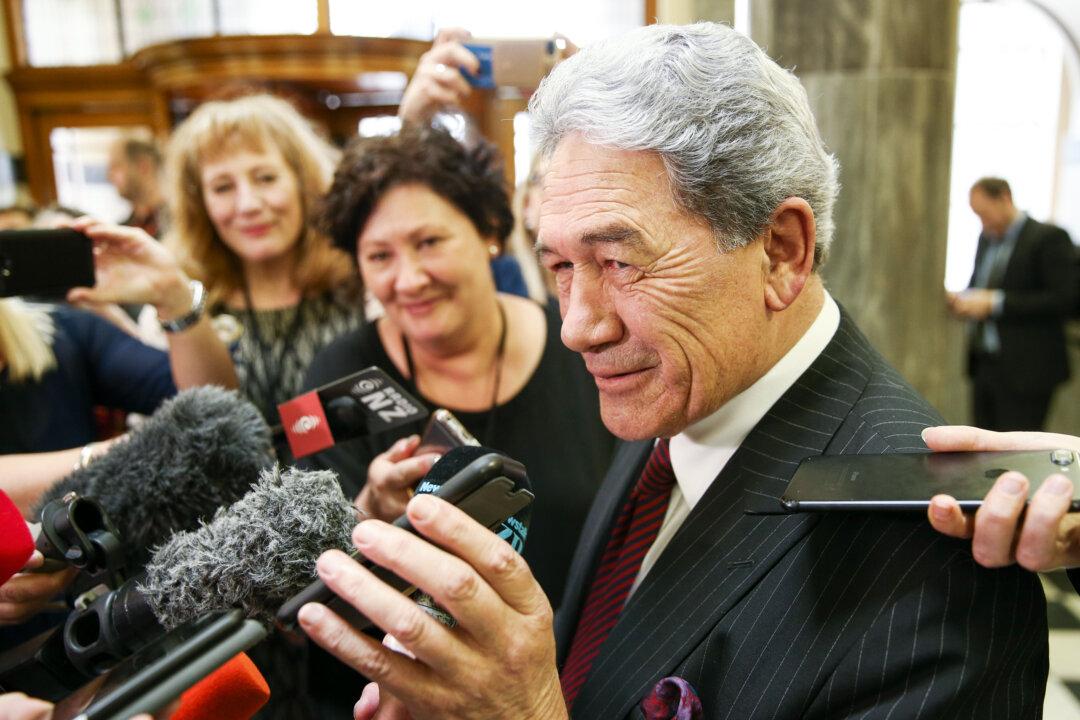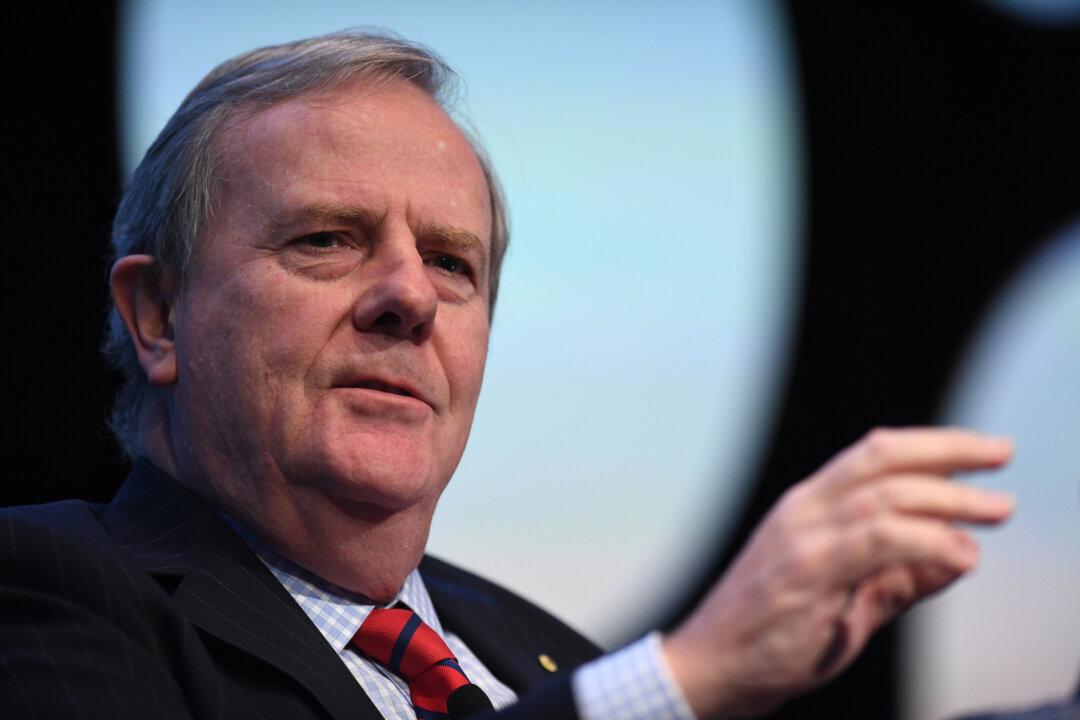New Zealand’s Acting Prime Minister Winston Peters, who is standing in for Chris Luxon, responded to accusations from the Green Party over backtracking on old statements made regarding the ban on oil and gas exploration that now appear contra-positional.
The new National-led coalition government has pledged to overturn the ban on new offshore oil and gas exploration, putting them at odds with the Green Party who hold firm to the 2018 policy that aimed to shift New Zealand towards a carbon-neutral economy by 2050 and a secondary goal, by 2035, of achieving 100 percent renewable electricity.





